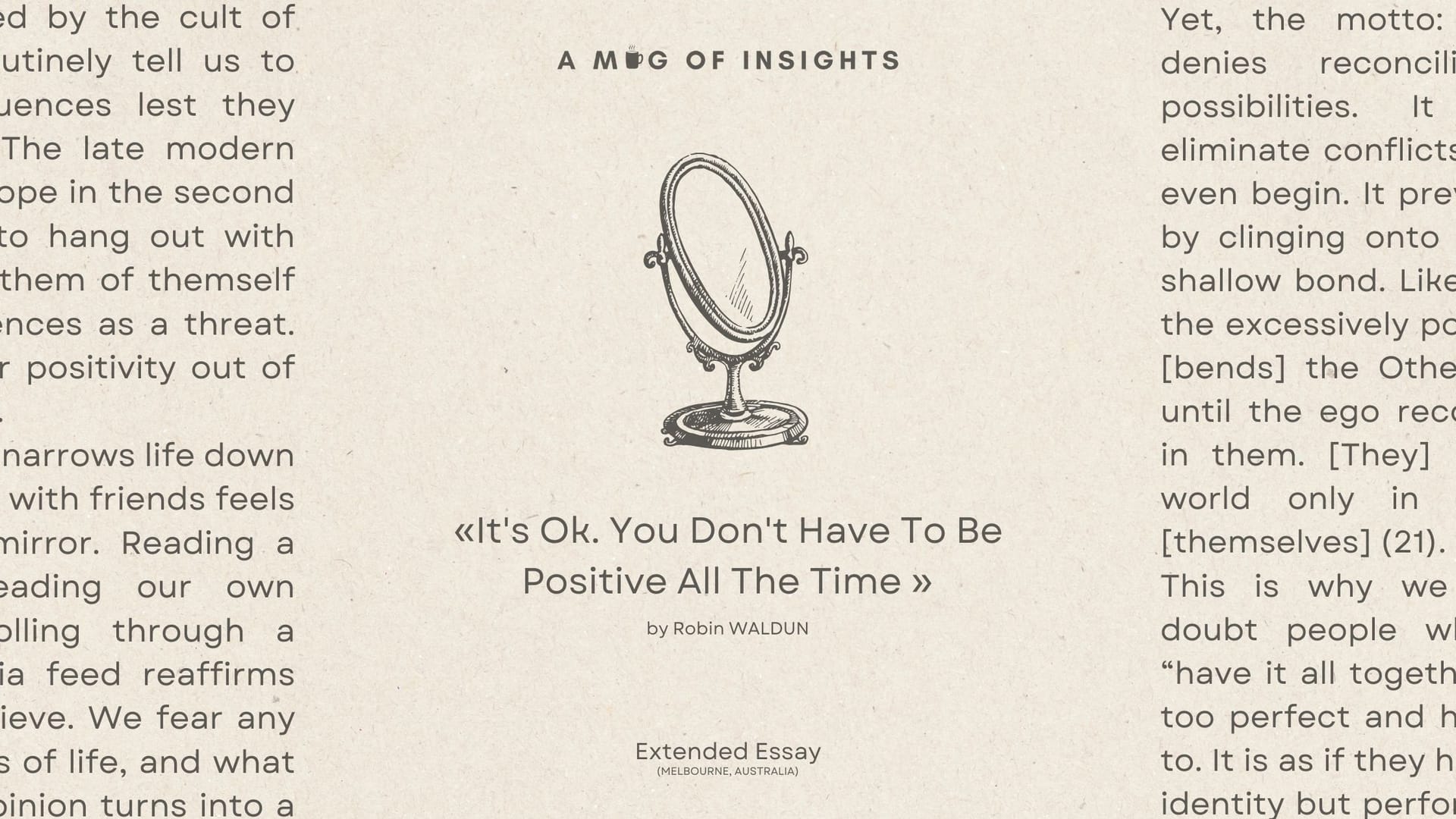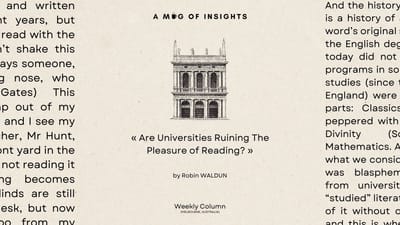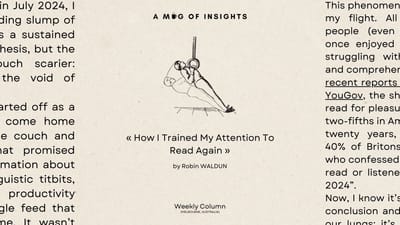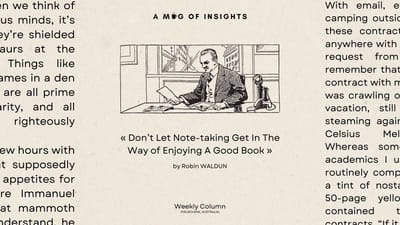It's Ok. You Don't Have To Be Positive All The Time

This is another post for paid subscribers. Paid members will get access to the full archive and all of my extended essays with further reading lists. And on average, subscribers will get 50% more posts from our regularly scheduled program. This will give me more time (alongside grad school research) to produce high-quality posts consistently. Thank you for your contribution!
Today, we’re plagued by the cult of positivity. People routinely tell us to eliminate toxic influences lest they interrupt our lives. The late modern person is a misanthrope in the second order. They prefer to hang out with people who remind them of themself and perceive differences as a threat. They safeguard their positivity out of the fear of the Other.
Yet this way of living narrows life down to repetition. Talking with friends feels like talking into a mirror. Reading a book feels like reading our own autobiography. Scrolling through a curated social media feed reaffirms what we already believe. We fear any ruptures to our ideas of life, and what was previously an opinion turns into a gospel.
According to Eve Sedgwick, this view of events/people is akin to paranoia. The paranoid person ensures that there are no bad surprises. They do everything they can to pre-judge and anticipate bad outcomes before anything happens. They try to control the future. Sedgwick writes:
Subscribe to continue reading



